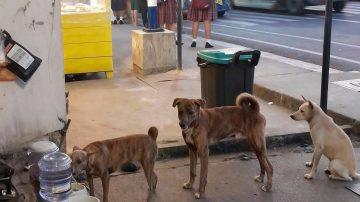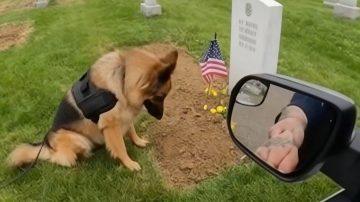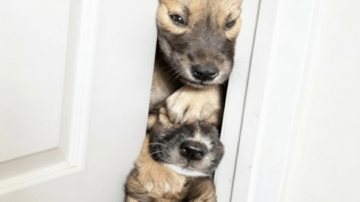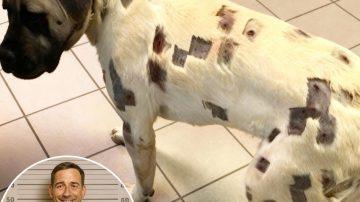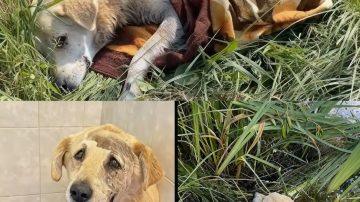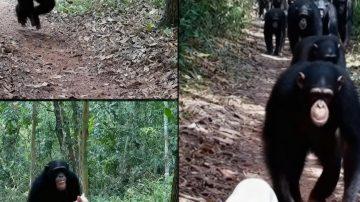The image before us is a stark and heartbreaking reminder of a silent crisis affecting countless innocent lives. A foal, barely more than a newborn, lies abandoned and exposed, its small frame caked in mud, a testament to neglect and vulnerability. Its eyes, if open, would undoubtedly reflect confusion, fear, and the desperate yearning for warmth, nourishment, and the protective presence of its mother. This tragic scene is not an isolated incident but a pervasive issue, highlighting the urgent need for awareness, intervention, and a fundamental shift in how we perceive and treat these fragile creatures. The abandonment of foals, often a consequence of irresponsible breeding practices, economic hardship, or a lack of understanding regarding equine welfare, leads to unimaginable suffering and, all too frequently, a premature and agonizing end for these innocent animals. We must look beyond the immediate shock of this image and delve into the deeper systemic problems that allow such cruelty to persist, urging a collective response to ensure no other foal endures a similar fate.
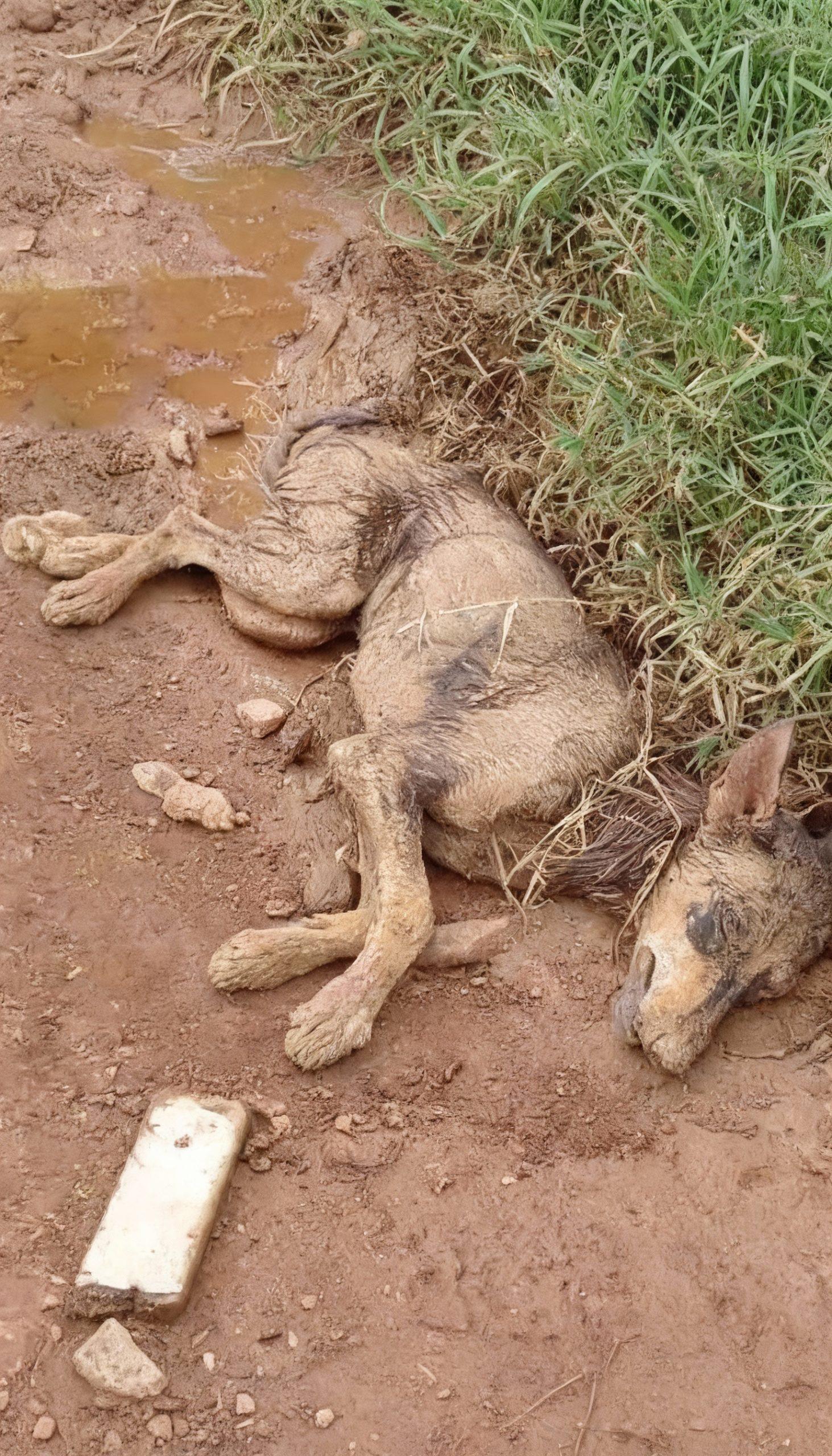
The causes of foal abandonment are multifaceted and often intertwined. Economic factors play a significant role; the cost of breeding, feeding, and veterinary care for a mare and her foal can be substantial. For individuals or operations facing financial difficulties, a newborn foal can sometimes be seen as an insurmountable burden rather than a precious life. This is particularly prevalent in areas where horse populations are high and markets for equines are saturated, driving down prices and making the prospect of recouping breeding costs increasingly challenging. The allure of breeding for profit, without a concrete plan for the offspring, can lead to overpopulation and, subsequently, the abandonment of those deemed less desirable or harder to sell.

Ignorance and a lack of education regarding equine care also contribute to this heartbreaking phenomenon. Some individuals may acquire horses without fully understanding the long-term commitment and resources required, especially when breeding occurs. The complex nutritional needs of a pregnant mare and a lactating mother, along with the specialized care a newborn foal demands, can overwhelm unprepared owners. This lack of foresight often leads to situations where foals are neglected or deliberately abandoned when their needs become too demanding or inconvenient. The romanticized image of horse ownership often overshadows the immense responsibility that comes with it, leaving vulnerable foals to bear the brunt of human unpreparedness.


